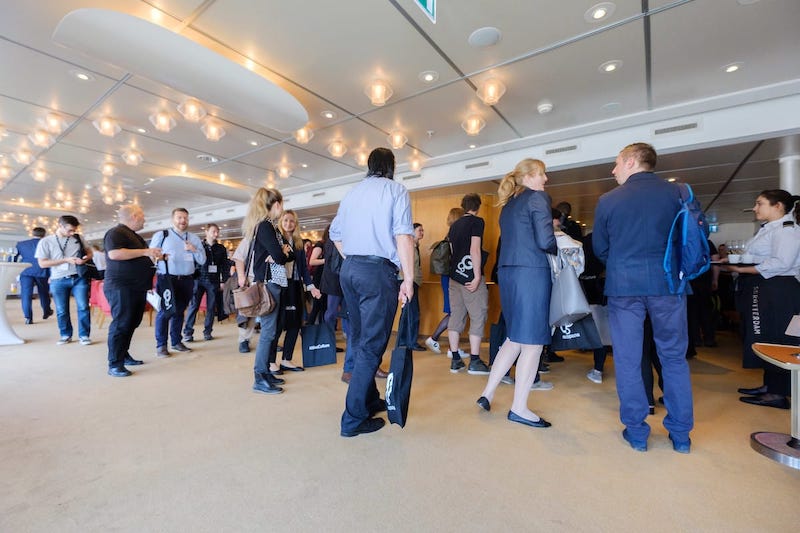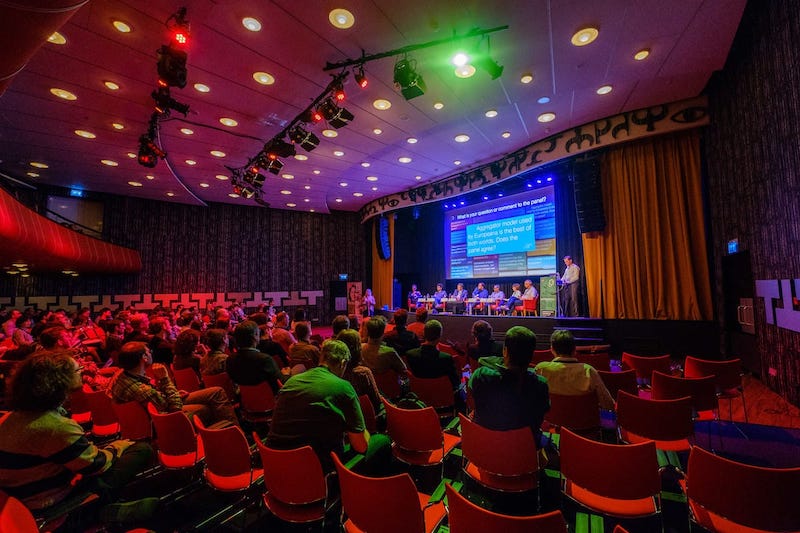The promise of cloud computing—elasticity, agility, and reduced operational overhead—often hinges on the concept of stateless application design. Yet, every meaningful application relies on persistent data, creating a fundamental tension: how do you manage and serve "state" effectively in a "stateless" world? This 30-minute session will equip architects, developers, and operations professionals with the knowledge to navigate this critical challenge.
We'll begin by dissecting the inherent paradox of state in the cloud, understanding why traditional database architectures often falter in highly distributed, ephemeral environments. The talk will then pivot to practical strategies for architecting data serving layers, exploring a spectrum of database types—from traditional relational databases like PostgreSQL and MySQL to modern NoSQL solutions such as Aerospike, CockroachDB, and DynamoDB, and even specialized options like data warehouses and graph databases. We'll discuss the unique scaling characteristics and ideal use cases for each.
A significant portion of the talk will be dedicated to the critical decision between leveraging fully managed Database-as-a-Service (DBaaS) offerings (like AWS RDS, Azure Cosmos DB, Google Cloud Spanner) versus deploying and managing databases yourself on cloud infrastructure. We'll weigh the pros and cons of each approach, considering factors like operational burden, customization needs, cost implications, and vendor lock-in.
Finally, we'll dive into the core pillars of successful cloud data serving:
Scaling: Understanding horizontal vs. vertical scaling, sharding strategies, and auto-scaling mechanisms.
Reliability: Implementing high availability (HA) architectures, disaster recovery (DR) plans, robust backup and restore procedures, and data consistency models.
Day-to-Day Management: Best practices for monitoring, patching, upgrades, performance tuning, and cost optimization in a cloud context.
Choosing the Right Type: A framework for evaluating your application's specific requirements (data model, access patterns, consistency needs, transactionality, scale) to select the most appropriate database technology and deployment model.
Attendees will leave with a clearer understanding of how to design, deploy, and manage data serving solutions that are not just cloud-compatible, but truly cloud-native, ensuring their applications remain performant, reliable, and scalable in the ever-evolving cloud landscape.


